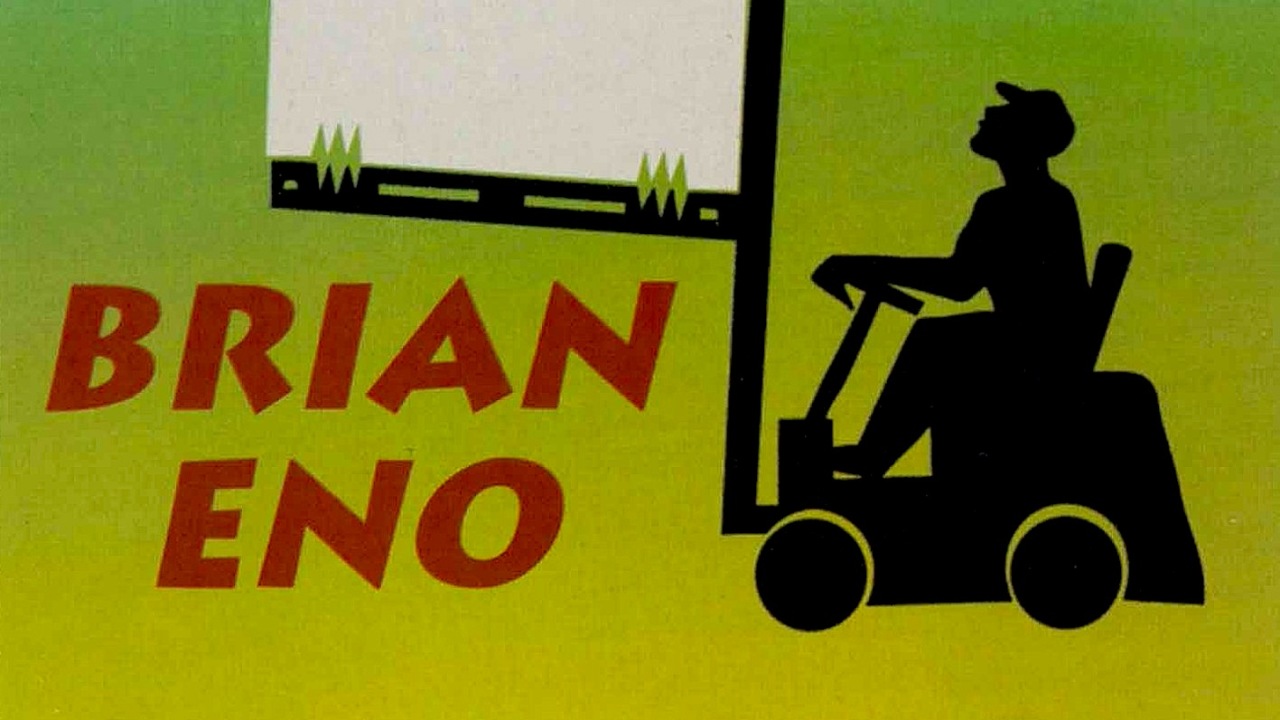You can trust Louder
A rare exercise in nostalgia from the emperor of forward-looking future-pop, these four beautifully packaged reissues of Eno’s 1990s solo albums are elevated by some truly excellent rare and previously unreleased material.
Released in 1992, Nerve Net (8⁄10) is a polished mix of robo-funk and techno-rock collages with avant-guitar contributions from Robert Fripp and Robert Quine. Good stuff, but the real holy grail here is the bonus inclusion of Eno’s long-shelved 1991 art-rock album My Squelchy Life, which explodes with lush gospel-style harmonies and echoes of his unassailable work with Talking Heads. Fantastic.
Released in 1992, The Shutov Assembly (7⁄10) brings together fluid, dreamy, electro-acoustic instrumentals from the late 1980s. The best of these sensual sound paintings have rich cinematic layers and mournful strings that evoke modern classical composers like Penderecki. The bonus material is also strong, with Eastern Cities recalling Eno’s liturgical synthesizer collaborations on Bowie’s Berlin albums.
The weakest of the quartet is Neroli (4⁄10) from 1993, an hour-long experiment in ambient minimalism which Eno likens to sonic perfume. Nice concept, but the results are numbingly dull and tasteful. At least the bonus electro-drone piece New Space Music, a gently hypnotic musical lava lamp, stands up better.
From 1997, The Drop (7⁄10) pays skewed homage to Fela Kuti with its mutant jazzoid grooves and clonky, twitchy, polyrhythmic percussion. Unpicking the crosstown traffic between post-punk and Afrofunk is a fine idea, but much of the album sounds muted and cerebral. The bonus tracks feel more vivid and vital, especially the dessicated avant-techno shimmers of Bonk.
The past is full of riches, but the future still has a more seductive sheen./o:p
Sign up below to get the latest from Classic Rock, plus exclusive special offers, direct to your inbox!
Stephen Dalton has been writing about all things rock for more than 30 years, starting in the late Eighties at the New Musical Express (RIP) when it was still an annoyingly pompous analogue weekly paper printed on dead trees and sold in actual physical shops. For the last decade or so he has been a regular contributor to Classic Rock magazine. He has also written about music and film for Uncut, Vox, Prog, The Quietus, Electronic Sound, Rolling Stone, The Times, The London Evening Standard, Wallpaper, The Film Verdict, Sight and Sound, The Hollywood Reporter and others, including some even more disreputable publications.


